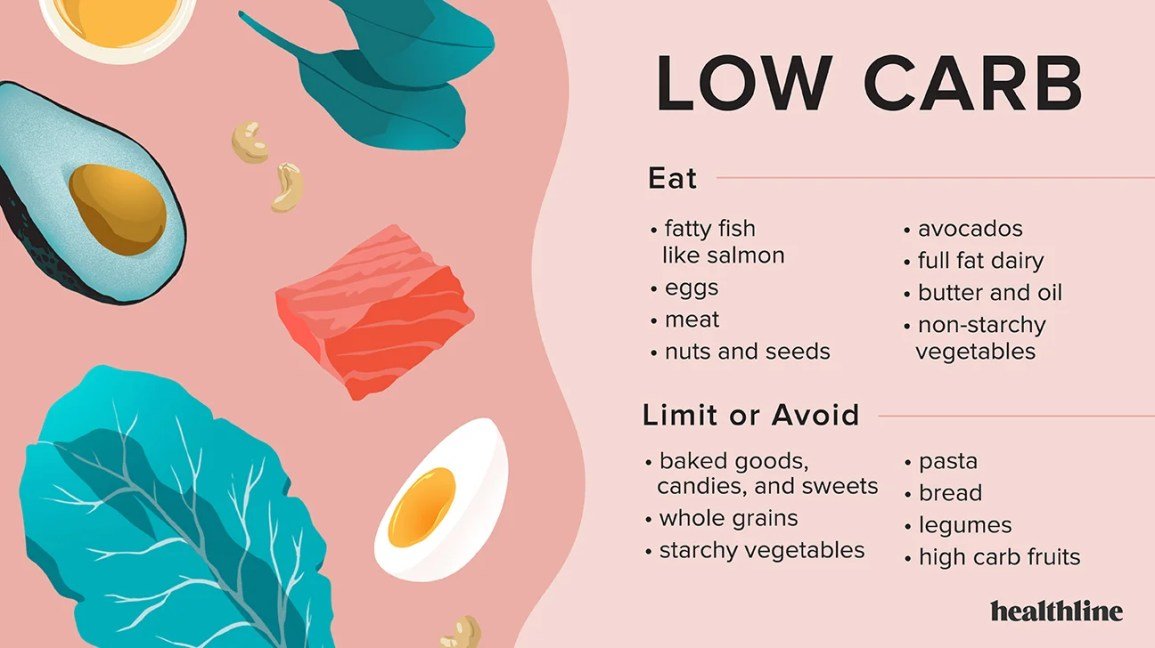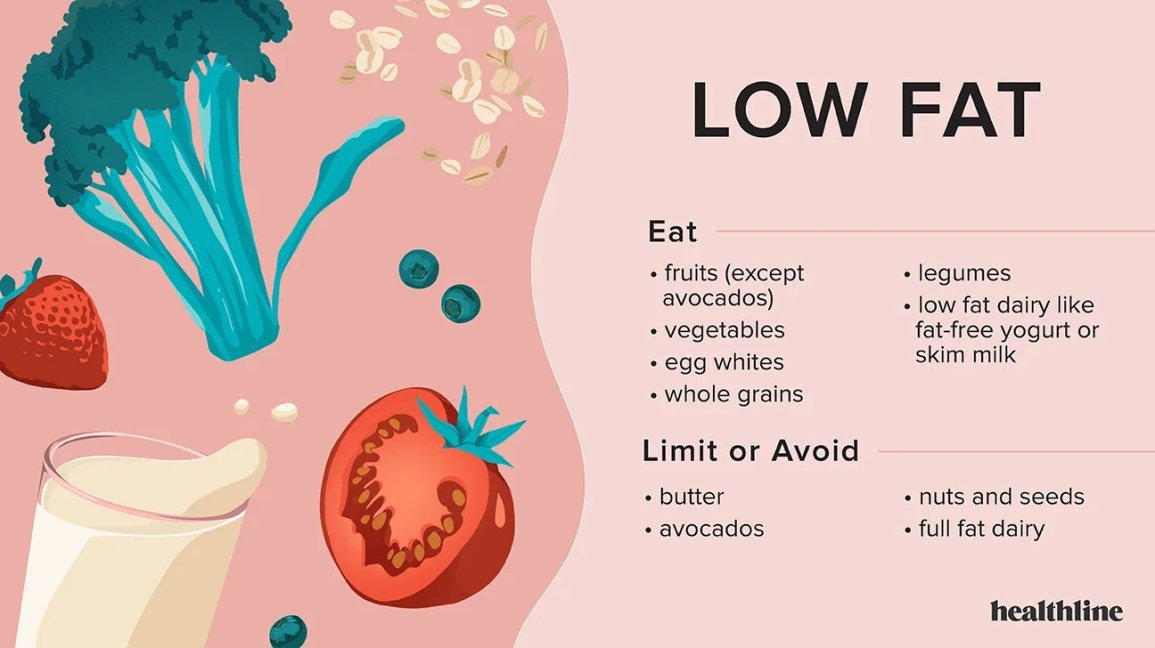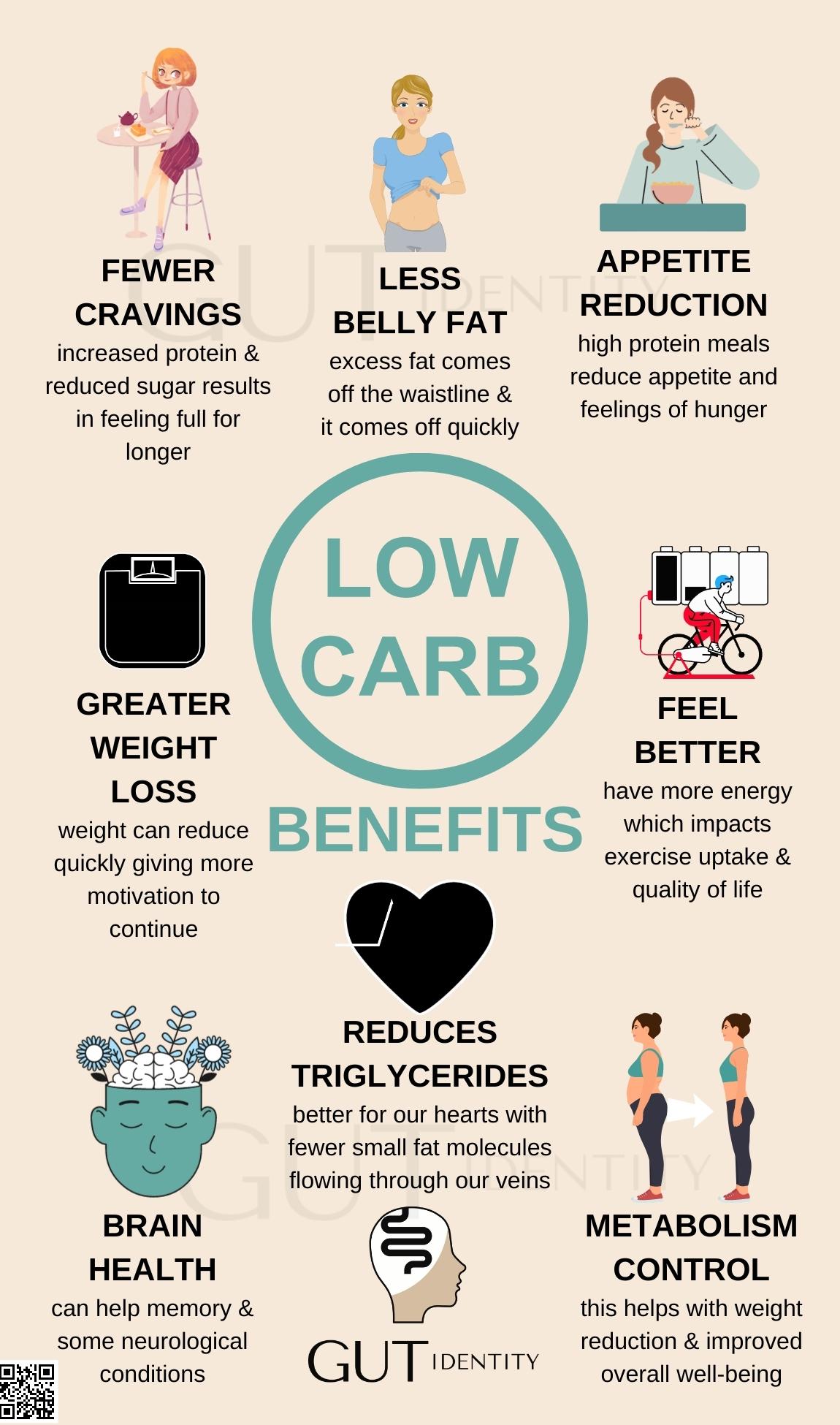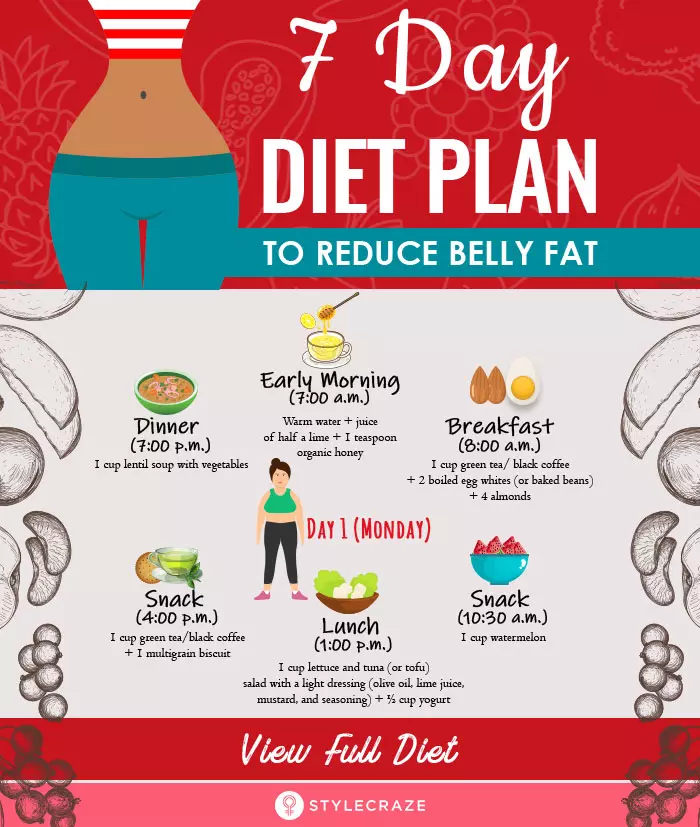Have you ever wondered if a low-carb diet can actually help you shed that stubborn belly fat? Many people are eager to find effective ways to trim down their waistlines and feel more confident, so it’s only natural to seek out different dietary approaches. One popular method that often comes up in discussions is the low-carb diet.

Learn More About Low-carb Diets
Understanding Belly Fat
Belly fat, also known as visceral fat, is not just an aesthetic concern; it can have serious implications for your health. This type of fat surrounds your organs and is linked to several health issues, including heart disease, diabetes, and high blood pressure. Recognizing the factors that contribute to belly fat is essential in understanding how to combat it effectively.
Factors Contributing to Belly Fat
There are various reasons why you might be carrying extra weight around your midsection. Some of the most common factors include:
- Poor Diet: Consuming high amounts of sugar and processed foods can lead to weight gain, especially in the abdominal area.
- Sedentary Lifestyle: Lack of physical activity contributes to weight gain and can worsen belly fat accumulation.
- Stress: High stress levels can lead to hormonal changes that promote fat storage in the belly.
- Hormonal Changes: Factors like aging or hormonal imbalances can affect where your body stores fat.
Understanding these contributors can be a game changer in your weight loss journey.
What is a Low-Carb Diet?
A low-carb diet aims to reduce your carbohydrate intake, encouraging your body to burn fat for fuel instead of sugar. This dietary approach can take various forms, ranging from moderately low-carb diets to ketogenic diets, which are extremely low in carbs.
How a Low-Carb Diet Works
When you reduce carbs, especially refined sugars and starches, your body enters a state of ketosis (in the case of very low-carb diets). In ketosis, your body becomes efficient at burning fat for energy, thus potentially assisting in weight loss and fat reduction.
- Reduced Insulin Levels: Lower carbohydrate intake leads to decreased insulin levels, which can promote fat burning.
- Increased Fat Oxidation: Your body starts utilizing stored fat as its primary energy source, which can lead to a decrease in overall body fat, including belly fat.
This shift can lead to significant changes in your physique and health over time.
Discover Effective Belly Fat Reduction Techniques
Benefits of a Low-Carb Diet
If you’re considering taking this approach, it’s essential to know the benefits you might gain from a low-carb diet beyond just reducing belly fat.
Weight Loss Efficiency
Many people find weight loss to be more efficient on a low-carb diet than on low-fat diets. This is largely because high-carb foods are often calorie-dense and can leave you feeling less satisfied, leading to overeating.
Appetite Control
One significant advantage of low-carb diets is the ability to control hunger better. Protein and fats are more satiating than carbohydrates, which can help you feel fuller for longer periods. This appetite regulation can result in spontaneous calorie reduction over time without feeling deprived.
Improved Blood Sugar Control
For individuals struggling with insulin resistance or diabetes, a low-carb diet can help stabilize blood sugar levels. When you eat fewer carbs, your body experiences less insulin spikes, which can help prevent cravings and further weight gain.
Enhanced Heart Health
Interestingly, low-carb diets may contribute to improved heart health by reducing triglycerides and increasing HDL (good) cholesterol. This can impact your overall health positively and lower risks for heart-related diseases.
Investigating the Evidence
Before you fully commit to a low-carb diet, it’s always good to look at the scientific evidence.
Studies Supporting Low-Carb Diets
Numerous studies suggest that low-carb diets can effectively reduce belly fat. For instance, a long-term study published in the journal Obesity found that those on low-carb diets lost significantly more weight than those on low-fat diets over a 6-month period.
Moreover, research has shown that participants who followed a very low-carb ketogenic diet experienced greater reductions in belly fat compared to their higher-carb counterparts over a specific time frame.
Potential Downsides
While the low-carb approach has its benefits, it’s essential to consider the potential downsides. Some individuals may experience side effects like fatigue, headaches, or digestive issues, especially when first making the switch.
- Nutrient Deficiencies: Cutting out certain carbs may lead to deficiencies in essential nutrients, including fiber, vitamins, and minerals.
- Social Limitations: Dining out or attending social gatherings might become more challenging.
Awareness of these issues ensures you can make informed choices regarding your dietary preferences.

How to Start a Low-Carb Diet
Ready to give it a go? Here’s a simple guide to help you get started on your low-carb journey successfully.
Set Realistic Goals
Begin by laying out achievable goals for yourself. It could be as simple as wanting to reduce your waist circumference by a certain inches or to lose a specific percentage of body fat within a set timeframe.
Choose Whole Foods
Focus on whole, unprocessed foods that are low in carbohydrates. Think about nourishing your body with:
- Lean Proteins: Chicken, turkey, lean beef, fish, tofu
- Healthy Fats: Avocados, eggs, nuts, olive oil
- Non-Starchy Vegetables: Leafy greens, cruciferous vegetables (broccoli, cauliflower), bell peppers
Steering clear of processed snacks and sugary drinks will help you stay on track.
Plan Your Meals
Creating a meal plan can prevent impulsive snacking or eating. Consider dedicating some time each week to set up meals that fit your low-carb preferences. You might find it beneficial to batch cook dishes to make mealtime easier during the busy week.
Stay Hydrated
Hydration is crucial, especially when you’re changing your diet. Be sure to drink plenty of water, which can help with digestion and keep you feeling satiated.
How to Monitor Your Progress
Tracking your changes can be very motivating. Here are some methods to consider:
Keep a Food Diary
Journaling can help you remain accountable. You can record what you eat, your feelings about food, and your activity levels each day, making it easier to see patterns.
Measure Your Waistline
Instead of only focusing on the scale, take measurements of your waist and other body parts. Sometimes your weight may not change dramatically, but your waist might be shrinking.
Regular Check-ins
Schedule weekly or biweekly check-ins where you assess progress, which can be a great way to recalibrate your goals if necessary.

Common Misconceptions
There can be numerous myths surrounding low-carb dieting that might make you hesitant to try it. Let’s debunk a few.
Carbs Are Bad for You
Not all carbohydrates are created equal. Whole grains, fruits, and vegetables provide essential nutrients and fiber that are important for overall health. A low-carb diet does not mean completely eliminating these foods; instead, it’s about choosing the right type and quantity.
Low-Carb Equals No Carb
Another misconception is that you must eliminate carbohydrates from your diet entirely. Most low-carb diets allow for a certain amount of carbohydrate intake, focusing on moderation rather than deprivation.
Maintaining Your Results
Once you achieve your desired reduction in belly fat, the next challenge is keeping it off. Here are several strategies to ensure you maintain your success.
Gradual Reintroduction of Carbs
If you’ve started to see results but miss your favorite carbs, it’s okay to reintroduce them slowly. Choose healthier carb sources, such as whole grains and legumes, and balance them with proteins and fats.
Lifestyle Changes
Incorporating physical activity is key to maintaining a healthy body weight. Find enjoyable sports or activities that keep you engaged and motivated.
Mindful Eating
Practicing mindfulness during meals can help you appreciate your food and prevent overeating. Focus on your food, chew thoroughly, and enjoy each bite.

Conclusion
Thinking about whether a low-carb diet can help you reduce belly fat is just the first step in your journey. Understanding the mechanics of how this diet works, the benefits it offers, and how to implement it into your life can make a significant difference. Each individual is different, so tailor the approach to fit your lifestyle, preferences, and needs.
While results can vary, the commitment to a healthier lifestyle through a thoughtful dietary strategy can lead to positive outcomes beyond just a slimmer waistline. Remember, it’s not just about weight loss, but fostering sustainable habits that promote overall health and well-being. Your journey starts with informed choices, consistent effort, and a mindset geared toward long-term success. Happy dieting!


